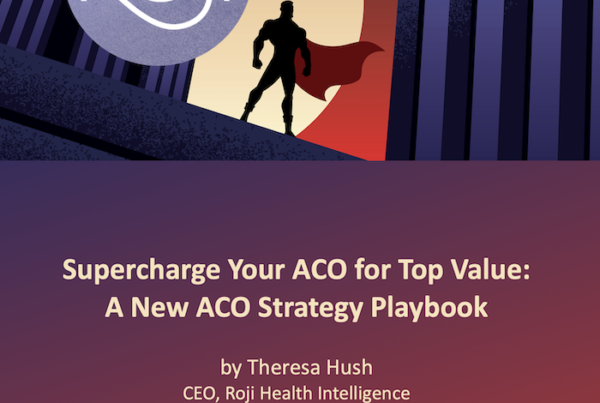
November 17, 2021
Supercharge Your Way to Value-Based Care
Whether you are an ACO, a health system considering value-based payment, or a medical group weighing your options for Value-Based Care, Roji’s new eBook, Supercharge your ACO for Top Value, has the strategies you need to reduce the cost of care and get clinician backing for innovation. The health care market’s reconfigured landscape puts ACOs—and health care organizations still in a Fee-for-Service contracting circuit—in danger of losing their ability to capture the savings from more effective and efficient health care driven by data, strong physician buy-in, and direct-to-consumer marketing. Medicare Advantage and equity-backed medical groups are competing with traditional providers…
Read More














